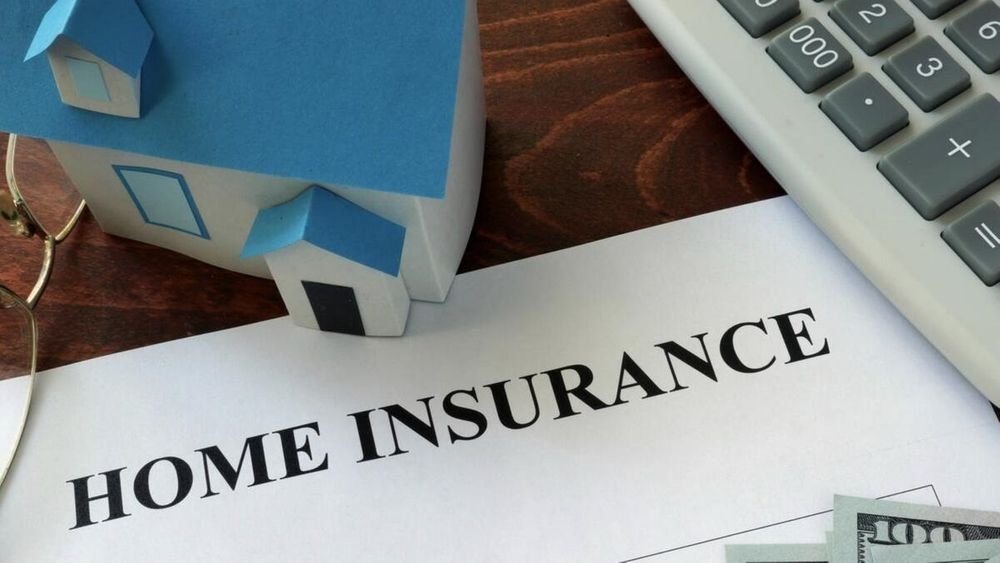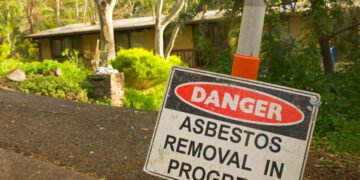One of the most important purchases you will make is buying insurance for your home. However, not all policies are created equal, and it’s important that you know what to look for in both your policy and the company providing it so that you don’t end up with one that leaves you financially devastated in the event of an unfortunate accident.
What is Home Insurance?
Home insurance is a type of insurance that protects your property from damage or loss caused by events such as fires, storms, and theft.
Home insurance in San Jose covers the cost of repairing or rebuilding your house if it is damaged or destroyed in an event.
You may also be eligible for home insurance if you are a tenant and your landlord has coverage. Home insurance can also protect your possessions, such as furniture and electronics, in your home.
While home insurance is an important part of protecting yourself and your property, make sure you understand what you are buying before you buy it. There are a number of different types of home insurance, so be sure to read the policy carefully to see what is covered and what is not.
There are also a number of ways to get affordable home insurance. You can compare rates online or through a broker. If you have large items in your home that are not covered by standard homeowner’s insurance, you may want to consider purchasing specialty coverage for those items.
Also Read: Welcome mood boosting decorating ideas for home
Costs of Home Insurance
When you buy home insurance, you’re looking to protect your assets. But what do you need to know about the costs of home insurance? Here are four things to keep in mind:

1. The Amount You Pay Per Month. Home insurance rates can vary greatly depending on the location of your home and the type of coverage you buy. However, most policies offer discounts for paying monthly.
2. The Coverage You Need. Make sure you understand all the coverage options your policy offers. Some policies only cover major damage, while others include coverage for property damage, theft, and even liability claims.
3. The deductible. The deductible is the amount you pay out-of-pocket before your policy kicks in and begins to cover claims on your behalf. This is an important factor to consider because higher deductibles mean you’ll pay less per month for coverage.
4. The Age of Your Home. Older homes generally have more expensive home insurance rates than newer homes because they typically have more structural damage and are more likely to be burglarized or suffer a natural disaster such as a tornado or hurricane.
Why do I Need Home Insurance?
There are many reasons why you might need home insurance. A home is your biggest investment, and you want to make sure it’s protected in case of a disaster. Here are some other reasons why you might need home insurance:
- You own or lease the home and want to make sure you’re protected if someone else owns or leases it and damage happens due to their negligence.
- You’ve borrowed money against the property and want to make sure you’re protected if something happens to the house, and you can’t pay back the loan.
- Furthermore, you’re renting the property and want to make sure you’re protected if something happens to the house while you’re living there.
- You plan to sell the house soon and want to make sure you’re not held liable for any damage that occurred before you sold it.
Types of Home Insurance
Home insurance is one of the largest expenses you’ll face when buying a home. Before you buy, make sure you understand the different types of home insurance and what they cover. Here are four types of home insurance:
1. Personal Home Insurance: This type of insurance covers property and personal injuries that happen to you or your guests while on your property. It typically includes coverage for wind and hail damage, as well as theft.
2. Dwelling Home Insurance: This type of insurance protects your home against fire, theft, and other disasters. It includes coverage for damage caused by natural disasters like earthquakes, floods, and hurricanes. In most cases, it will also cover damage from accidents, such as vandalism or a burglary.
3. Property Insurance: This type of insurance covers the value of your home and its contents if it is damaged or destroyed by an event outside your control, like a natural disaster. It typically includes coverage for loss due to fire, vandalism, or burglary.
How Much Coverage Do I Need?
Most people think that they need at least $100,000 in home insurance coverage to protect their belongings in case of a fire, theft or other disaster. However, this is not always the case. In fact, you may only need enough coverage to protect your home and its contents from a catastrophic event, such as a tornado or hurricane. If you live in a high-risk area, such as an area near a major airport or during hurricane season, you may need more coverage.
To find out how much coverage you need, talk to your insurance agent or consult your homeowners’ insurance policy. You can also use the Home Insurance Quiz on our website to help you determine your coverage needs.
Here are some key things to keep in mind when choosing a type of home insurance:
1. Coverage. What is covered under your policy? This includes damage caused by natural disasters like floods, hurricanes, earthquakes, or tornadoes as well as intentional acts like burglary or arson.
2. Deductibles. How much money must you pay out of pocket before your policy begins to cover any damages?
3. Claims process. How quickly can you file a claim if something happens at home?
4. Policy limits. What are the maximum financial losses that your policy will cover in a single occurrence?
5. Exclusions. Are there certain items or activities that won’t be covered by your policy?
6. Renewal requirements. Do you have to renew your home insurance every year? If so, what happens if you don’t renew?
Conclusion
Before you buy home insurance, it is important to understand the different types of coverage that are available. You should also make sure to compare rates so that you can find the best deal for your needs. If you have any questions about home insurance, feel free to reach out to a representative at one of our local independent agencies.














